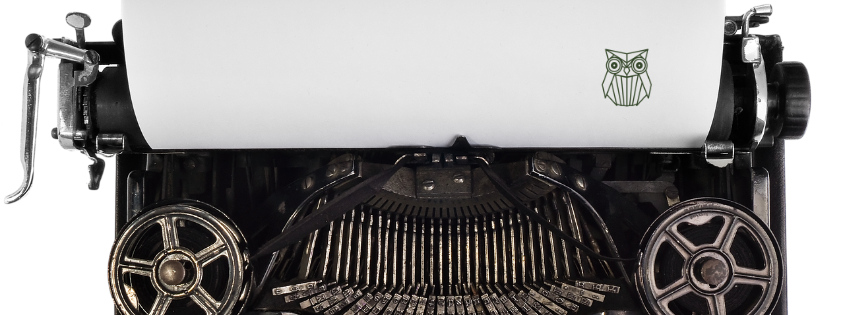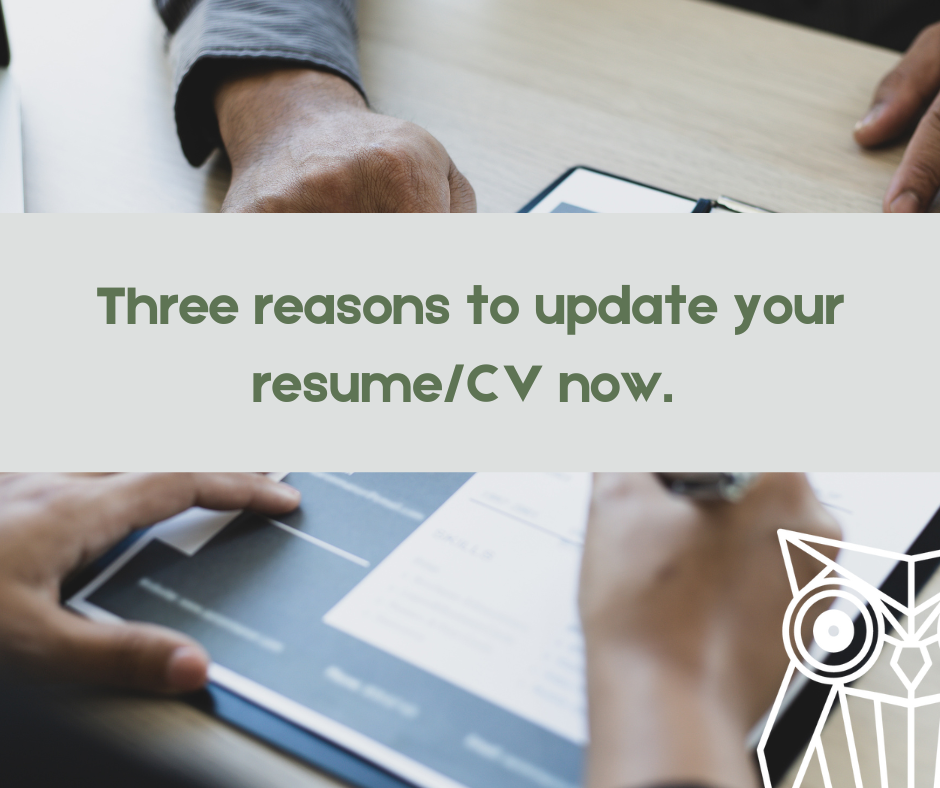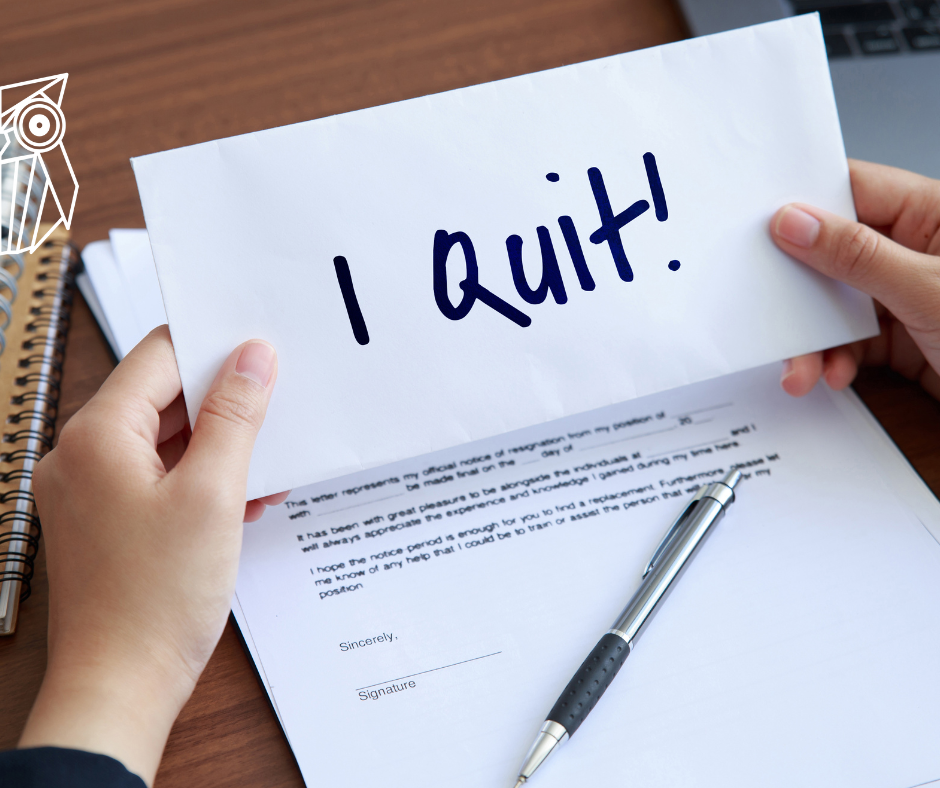Managing Anxiety at Work
Managing Anxiety at Work
There are things about work that can trigger anxiety in even the most composed individuals. The pressures of meeting deadlines, navigating office politics, and juggling multiple tasks can take a toll on your mental well-being. Fortunately, there are practical techniques you can employ to manage anxiety at work and maintain a calmer mind. In this blog post, we'll explore these techniques and highlight the importance of seeking counselling to build these essential skills.
Understanding Workplace Anxiety
Before delving into strategies for managing anxiety, it's crucial to understand the root causes of workplace anxiety. Common contributors include:
- High Expectations: Many people set high standards for themselves and fear falling short of these expectations.
- Performance Pressure: The fear of making mistakes or not meeting performance goals can lead to persistent anxiety.
- Interpersonal Conflicts: Workplace conflicts or difficult relationships with colleagues and superiors can contribute to daily stress.
- Job Insecurity: Worries about job stability, layoffs, or career advancement can be major sources of anxiety.
- Overwork: Balancing a heavy workload, long hours, and minimal breaks can lead to burnout and heightened anxiety.
Practical Techniques for Managing Anxiety at Work
Mindfulness and Breathing Exercises: Practicing mindfulness involves staying present in the moment and can help you manage anxiety. Take short breaks during the day to engage in deep breathing exercises or meditation. Simple techniques like the 4-7-8 breathing method can help calm your nervous system. Inhale for four seconds, hold for seven seconds, and exhale for eight seconds.
Time Management and Prioritisation: Create a daily or weekly schedule to prioritise tasks. Breaking down your workload into manageable chunks can reduce feelings of overwhelm. Set realistic deadlines, and don't hesitate to delegate tasks when possible. This approach can help you regain a sense of control.
Healthy Work-Life Boundaries: Establish clear boundaries between work and personal life. Avoid checking work emails or taking calls during your downtime. Engage in activities you enjoy outside of work to recharge and reduce stress.
Seek Support and Counselling: Don't hesitate to seek support from a qualified therapist or counsellor. Professional counseling can provide you with valuable coping strategies and skills to manage anxiety effectively. Counselling offers a safe and confidential space to discuss your workplace concerns and develop strategies tailored to your unique needs.
Positive Self-Talk: Challenge negative thoughts with positive affirmations. Replace self-doubt with statements like, "I am capable," or "I can handle this challenge." Avoid self-criticism and practice self-compassion. Treat yourself with the same kindness and understanding you offer to others.
Stress-Reduction Techniques
Incorporate stress-reduction techniques into your daily routine. Exercise, yoga, or a brief walk during lunch can help alleviate anxiety. Consider engaging in a hobby or creative activity that brings you joy outside of work.
Maintain a balanced diet, stay hydrated, and get adequate sleep. A well-nourished body is better equipped to handle stress. Limit or reduce the consumption of caffeine and alcohol, as they can exacerbate anxiety symptoms.
Becoming Assertive
Develop assertiveness skills to communicate your needs and boundaries effectively. Learning to say "no" when necessary can prevent unnecessary stress.
Seek training or counselling to improve your assertiveness skills if needed. Counselling can play a crucial role in helping individuals build the skills necessary to manage anxiety at work effectively. Counsellors can teach you practical coping skills and strategies tailored to your specific anxiety triggers and workplace challenges. They can help you set achievable goals for managing anxiety and monitor your progress over time.
Managing anxiety at work can significantly improve your overall well-being and job satisfaction. By incorporating practical techniques like mindfulness, time management, and positive self-talk into your daily routine, you can reduce workplace anxiety. Additionally, seeking support from counselling professionals can provide you with valuable tools and strategies to build your confidence










